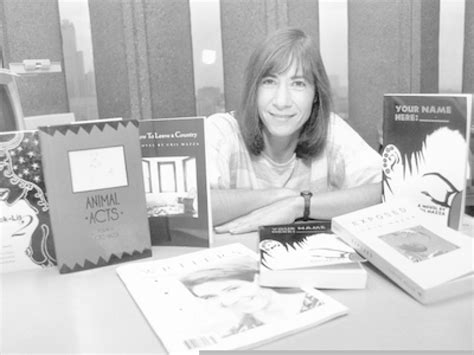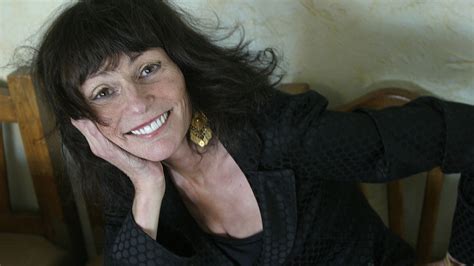A Quote by May Sarton
In the novel or the journal you get the journey. In a poem you get the arrival.
Related Quotes
It's a never-ending struggle, which is great. You can always get better! You can never get there. It's a journey with no arrival. And that's the beauty of it -- that you can always become better the next day. It's pretty cool to think about it in that sense. Tomorrow I will be a better player than I was today.
You can't have a novel without real, believable people, and once you get into either too theoretical a novel or too philosophical a novel, you get into the dangers that the French novel has discovered in the past 50 or 60 years. And you get into a sort of aridity. No, you have to have real, identifiable people to whom the reader reacts in a way as if they were real people.
The most common mistake students of literature make is to go straight for what the poem or novel says, setting aside the way that it says it. To read like this is to set aside the ‘literariness’ of the work – the fact that it is a poem or play or novel, rather than an account of the incidence of soil erosion in Nebraska.
The process of writing a novel is like taking a journey by boat. You have to continually set yourself on course. If you get distracted or allow yourself to drift, you will never make it to the destination. It's not like highly defined train tracks or a highway; this is a path that you are creating discovering. The journey is your narrative. Keep to it and there will be a tale told.
I pretty much drink a cup of coffee, write in my journal for a while, and then sit at a computer in my office and torture the keys. My one saving grace as a writer is that, if I'm having trouble with the novel I'm writing, I write something else, a poem or a short story. I try to avoid writer's block by always writing something.
The longest journey begins with a single step, not with the turn of an ignition key. That’s the best thing about walking, the journey itself. It doesn’t much matter whether you get where you’re going or not. You’ll get there anyway. Every good hike brings you eventually back home. Right where you started.






































